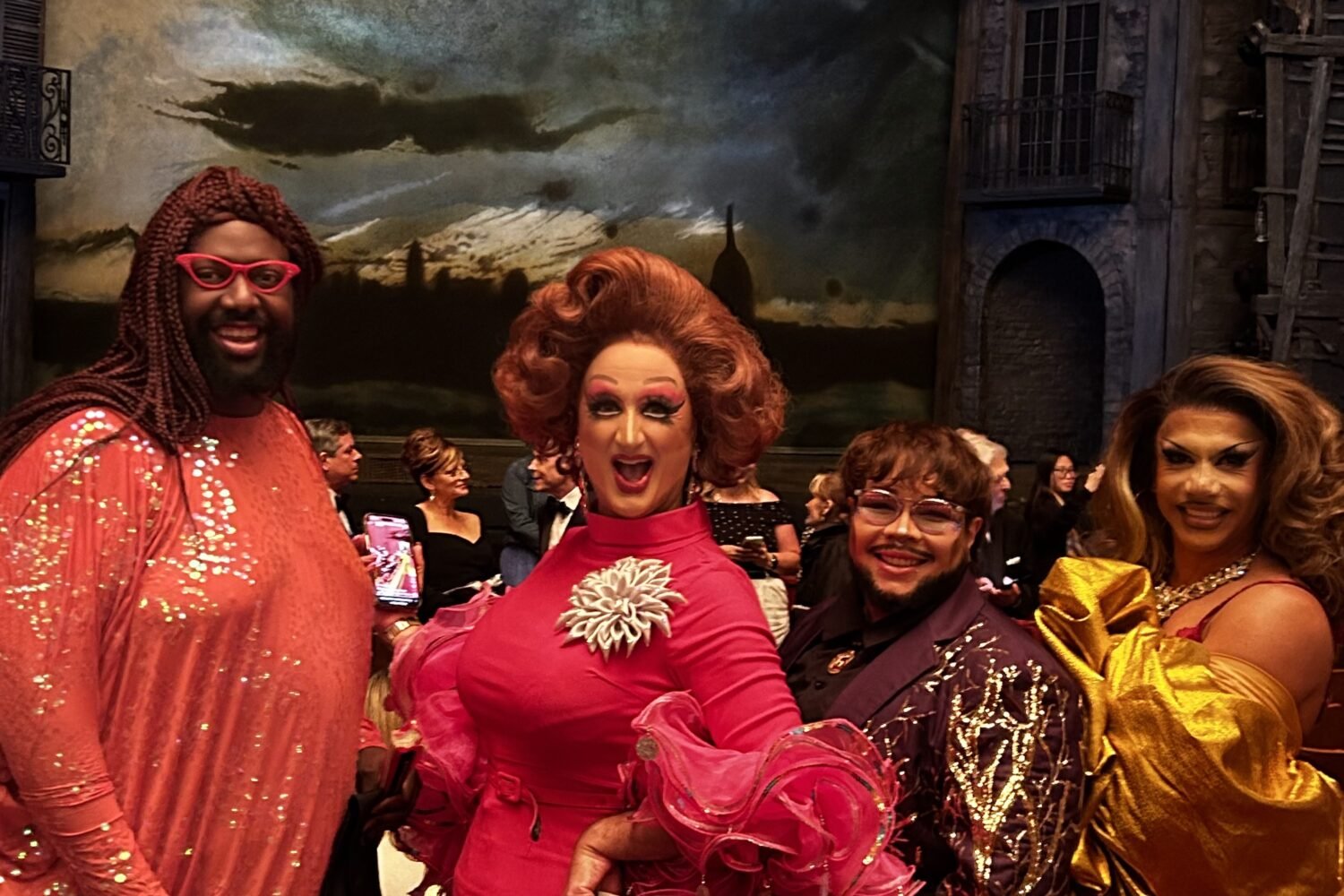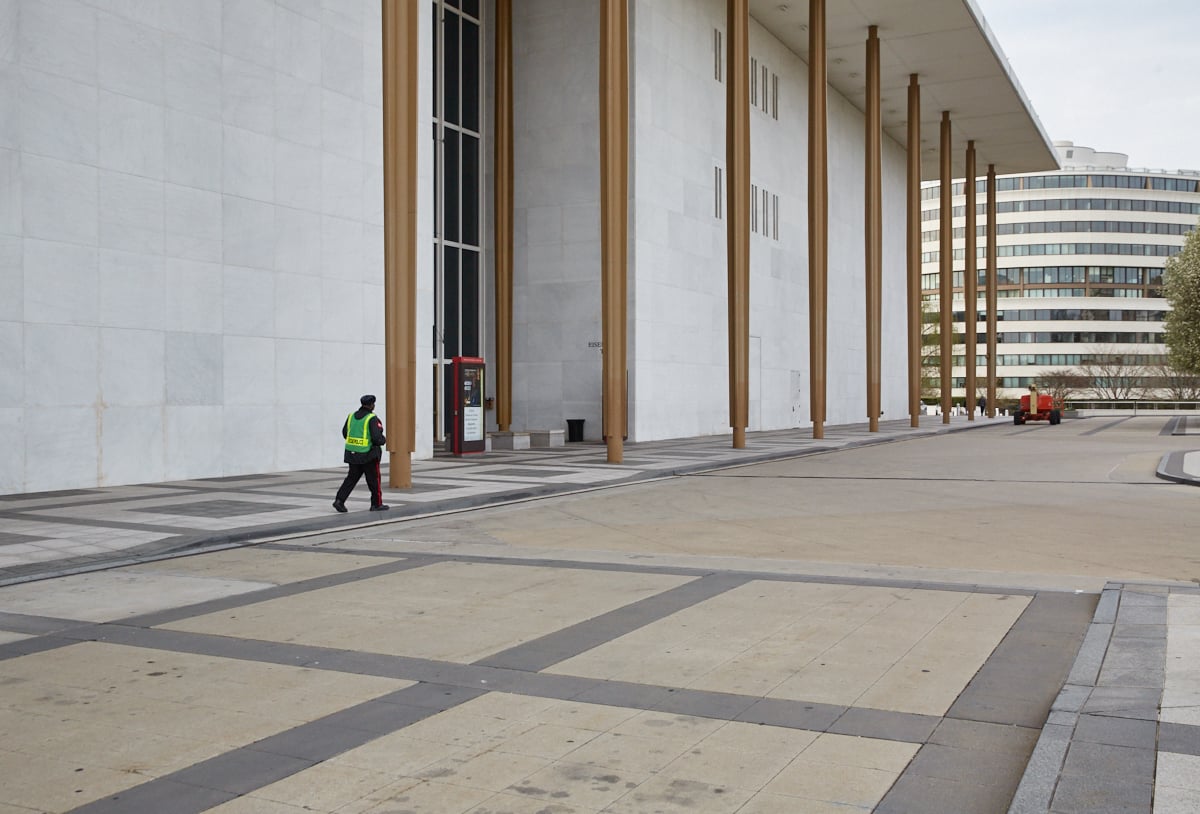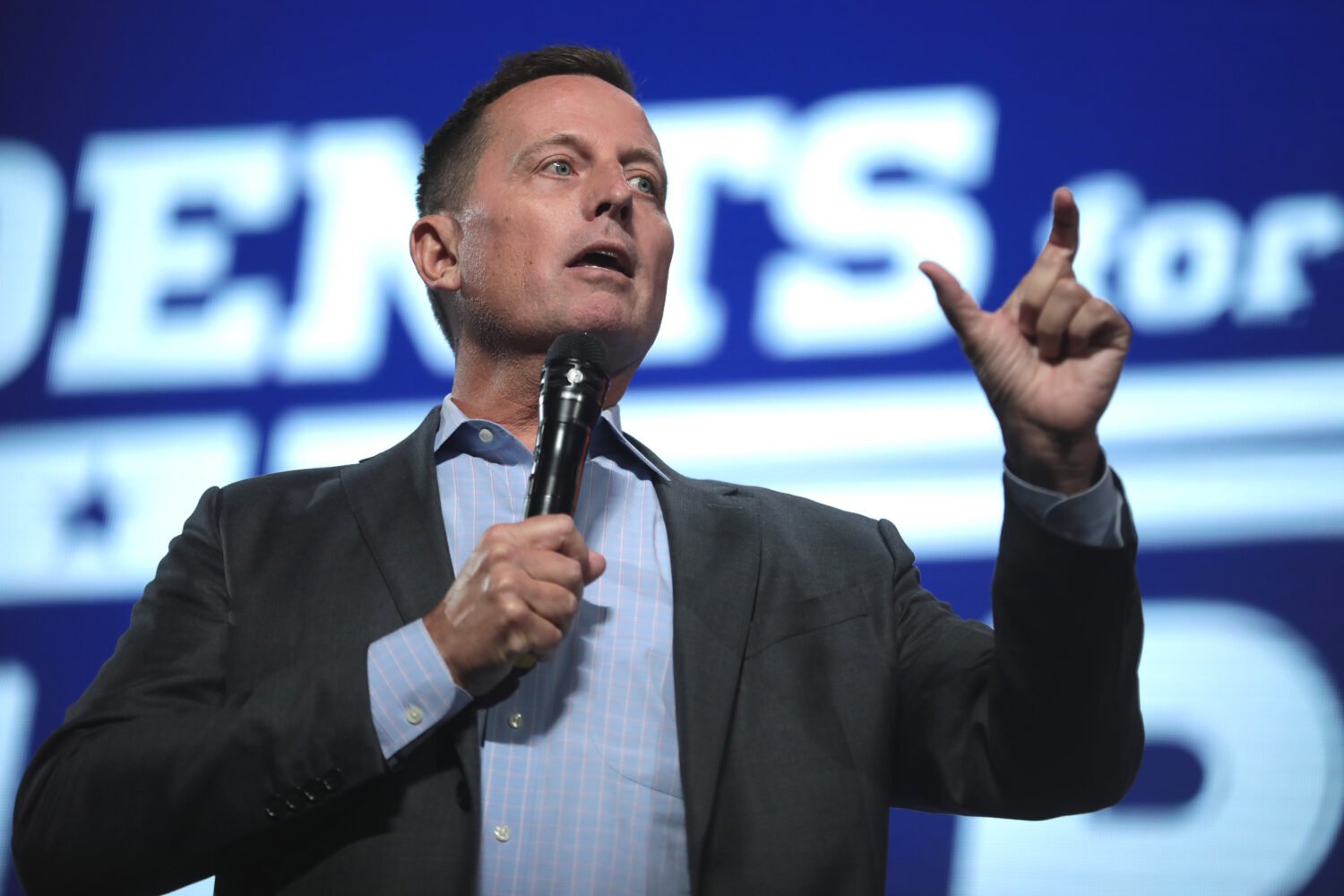God appears to us in mysterious ways. For the Rev. Yolanda Norton, God is present in Destiny Child’s “Bootylicious.”
The San Francisco Theological Seminary professor has incorporated the 2000’s classic as part of her “Beyoncé Mass”—a religious service that uses Beyoncé’s discography to explore the “struggle, survival, and spirituality” of black women. Born out of a project she assigned her doctoral students, the first “Beyoncé Mass” was celebrated at San Francisco’s Grace Cathedral in 2018. 70 people were expected for the midweek service. More than 900 showed up.
Since then, the service has been held across the United States and parts of Europe for standing-room-only crowds. A service at a small church in Portugal was so well-attended it ended up breaking fire codes. “I didn’t know how it would translate globally, and we ended up having people sitting on the floor,” Norton says.
But back to “Bootylicious.” With lyrics like “Lead with hips, slap my thighs,” and “When I whip from my hips you slip into a trance,” the early aught’s chart-topper doesn’t exactly scream “religious.” That’s precisely the kind of reaction Norton wants to dismantle.
“The whole worship service was about embodiment, and the ways that we have rejected certain kinds of bodies,” Norton says. “[“Bootylicious”] was an assertion that God loves your curves. If you are tall, short, thick, thin, God loves you. It’s an assertion of learning to live in your body and accept who you are, because that’s what God created.”
There’s an authenticity to Beyoncé’s music, Norton says, that allows it to resonate with people on a deeper level. The star’s openness about her personal experiences and struggles (see: Lemonade) comprises emotions from pride to lament. We are all feeling people, Norton says, and Beyoncé’s ability to speak to the core of human nature makes her a perfect spiritual conduit.
Though the focus of the mass is to uplift black women and give them a unique, safe space to explore their spirituality, Norton says the service is accessible to anyone who identifies with Beyoncé.
“Normally, when I preach in a black church, it’s mostly black people. And when I preach in a predominately white church, I’m usually the only black person in the room,” Norton says. “When I’m looking out over the congregants at a ‘Beyoncé Mass,’ I’m seeing every race, every gender, every age group represented.”
Service music rotates through Beyoncé’s catalog (including “Single Ladies” and “Save the Hero”) but it always uses “Flaws and All” as the communion hymn. As congregants step forward to receive the elements, the singer croons: “I don’t know why you love me / And that’s why I love you / You catch me when I fall / Accept me flaws and all / And that’s why I love you.”
“Engaging that as a conversation with God, that represents so much of my theological presuppositions,” Norton says. “I’m not quite sure why God loves us, and God accepts us flaws and all! That is the basic root of why we are people of faith. Both in spite of and because of who we are, God loves us, flaws and all.”
The Beyoncé Mass will be at the Kennedy Center at 6 PM on March 8. Information about tickets can be found here.















